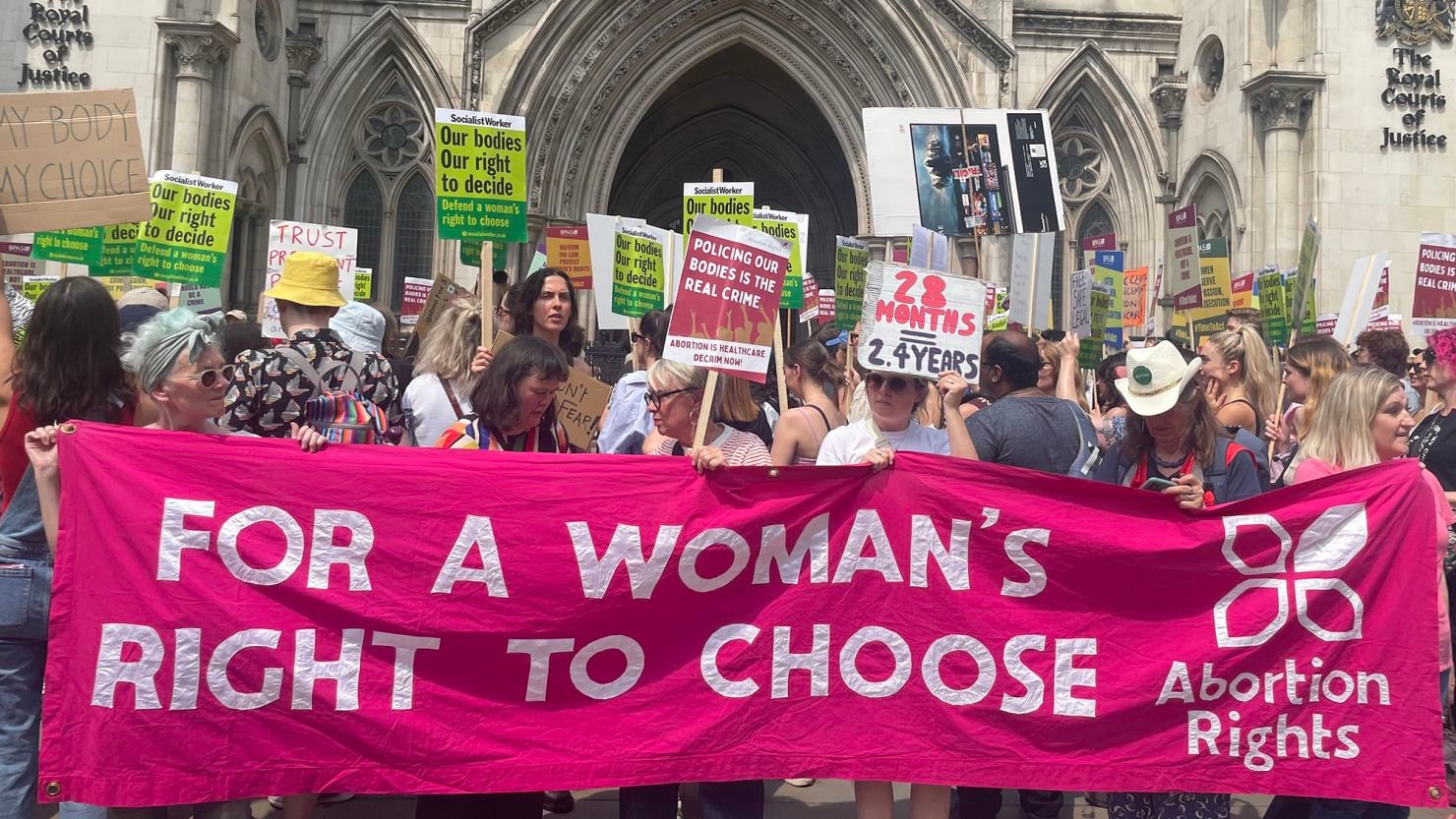LONDON, United Kingdom — Members of Parliament (MPs) have voted in favour of changing abortion legislation in England and Wales, a move designed to prevent women from being prosecuted for ending their pregnancies, particularly those occurring in later stages.
The initiative was spearheaded by Labour MP for Gower, Tonia Antoniazzi, who championed the call to decriminalise the approximately 1% of abortions that happen after 24 weeks.
Antoniazzi argued that these cases involve “desperate women” who require “compassion not criminalisation.”
As an issue of conscience, MPs were permitted to vote according to their personal beliefs, with the plan ultimately receiving strong backing by a significant majority of 242 votes.
Under the current law in England and Wales, abortion remains technically illegal but is permitted up to the first 24 weeks of pregnancy, and beyond that only under specific circumstances, such as when the woman’s life is in danger.
Antoniazzi’s amendment to the Crime and Policing Bill is set to eliminate the threat of investigation, arrest, prosecution, or imprisonment for women undergoing late-term abortions.
In presenting her arguments, Antoniazzi highlighted that nearly 99% of abortions occur before a pregnancy reaches 20 weeks, leaving just 1% of women in “desperate circumstances.”
She cited a series of past cases where women had been arrested for illegal abortion offences, urging MPs to support her amendment to ensure “these women need care and support, and not criminalisation.”
Antoniazzi further contended: “Each one of these cases is a travesty, enabled by our outdated abortion law. Originally passed by an all-male parliament elected by men alone, this Victorian law is increasingly used against vulnerable women and girls.”
Records indicate that only three women were convicted of having an illegal abortion between 1861 and November 2022, when the law was amended to permit women to take abortion pills at home up to 10 weeks of pregnancy.
However, data collected by the UK’s largest abortion service providers reveal that at least 100 women have been investigated for having an abortion in the last five years, with six cases reaching court.
During the debate, Labour MP for Walthamstow, Stella Creasy, questioned why MPs would seek to retain outdated laws “in any shape or form, rather than learning from what is best practice around the world for all of our constituents.”
Creasy had proposed a second amendment pushing for more extensive changes, advocating for the complete removal of all abortion-related clauses from the 1861 Act and the explicit enshrinement of abortion access as a human right.
This amendment had garnered public backing from 108 MPs prior to the debate. However, major abortion providers, including the British Pregnancy Advisory Service, argued that this specific amendment was not the most suitable vehicle for achieving “generational change,” and it ultimately did not proceed to a vote.
Conversely, Conservative shadow health minister Dr. Caroline Johnson put forward a third amendment. This proposal aimed to halt “pills by post” abortions by requiring a pregnant woman to have an in-person consultation before being prescribed medication to terminate her pregnancy. The Johnson amendment was defeated, with 379 MPs voting against it and 117 voting in favour.
Earlier in the proceedings, the Antoniazzi amendment had secured substantial support, with 379 MPs voting in favour and 137 against. Crucially, the new Antoniazzi clause will not alter any existing laws regarding the provision of abortion services within a healthcare setting.
This includes maintaining current regulations concerning time limits, telemedicine, grounds for abortion, and the requirement for two doctors’ approval.
The amendment received endorsement from all major abortion providers, as well as 180 MPs from across the Commons and 50 organisations, including the Royal College of Obstetricians and Gynaecologists (RCOG).
However, the Society for the Protection of Unborn Children has voiced strong opposition, labeling it an “extreme and dangerous proposal” that would “effectively decriminalise abortions.”

